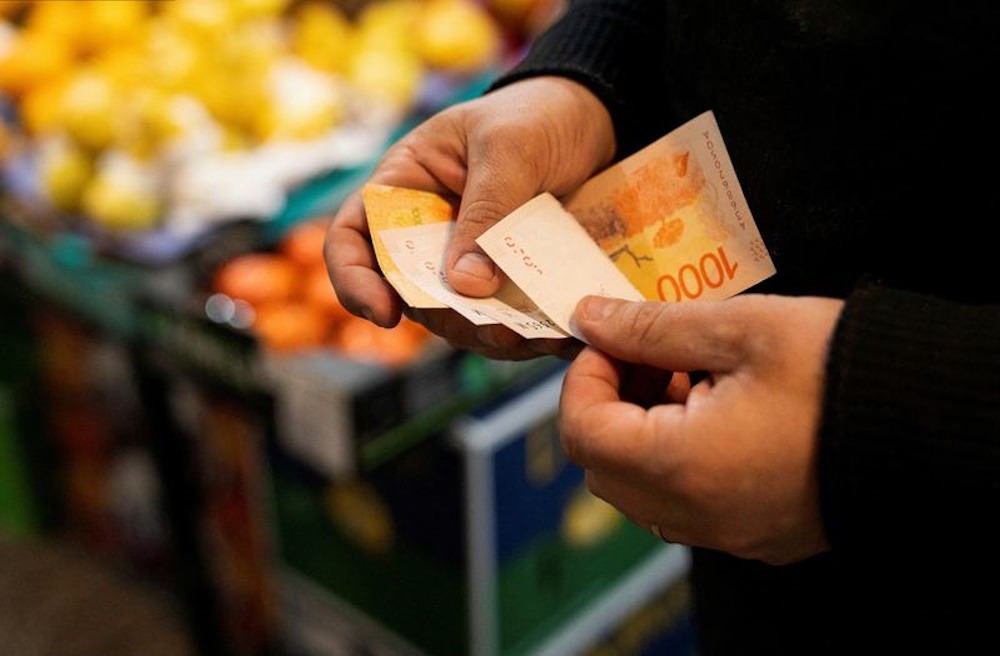Prices in Argentina increased as anticipated last month, coinciding with the midterm election challenges faced by President Javier Milei’s party. In October, consumer prices experienced an increase of 2.3 percent, aligning with the median forecast of economists survey, and representing an uptick from the 2.1 percent recorded in September. According to government data published Wednesday, annual inflation has decelerated to 31.3 percent. Milei encountered a pivotal midterm election in late October, which assumed considerable market importance as investors prepared for adverse outcomes.
In the wake of a significant defeat in a local September election, both traders and families exchanged their pesos for US dollars. The currency experienced a depreciation of approximately 4.5 percent in October, despite the US Treasury’s intervention in the local foreign exchange market by purchasing pesos to stabilize the currency, as part of a US$20-billion swap line. Milei’s party effectively reversed their September results, securing a significant victory in the October vote, which led to a surge in bond prices and contributed to the stabilization of the currency.
According to government data, the increase in inflation was primarily driven by food and beverages. Transport and housing costs experienced the most significant rises. “Argentina’s October CPI print highlights that, although disinflation has been significant over the past two years, achieving further progress from more moderate levels may pose a challenge. “It also highlights the limits of the current FX regime — inflation running faster than the pace by which the band ceiling is adjusted implies an increasingly tighter limit for the real exchange rate,” said Jimena Zúñiga, an economist.
The depreciation of the peso is contributing to more modest rises in consumer prices compared to historical trends. A decelerating economy that is curbing demand; Milei’s more stringent fiscal and monetary policies; and the government’s commitment to uphold the peso’s trading band explain the reduced pass-through effect. According to an October Central Bank survey of economists, Argentina is projected to conclude the year with an annual inflation rate of 29.6 percent. Growth is anticipated to reach 3.9 percent.

